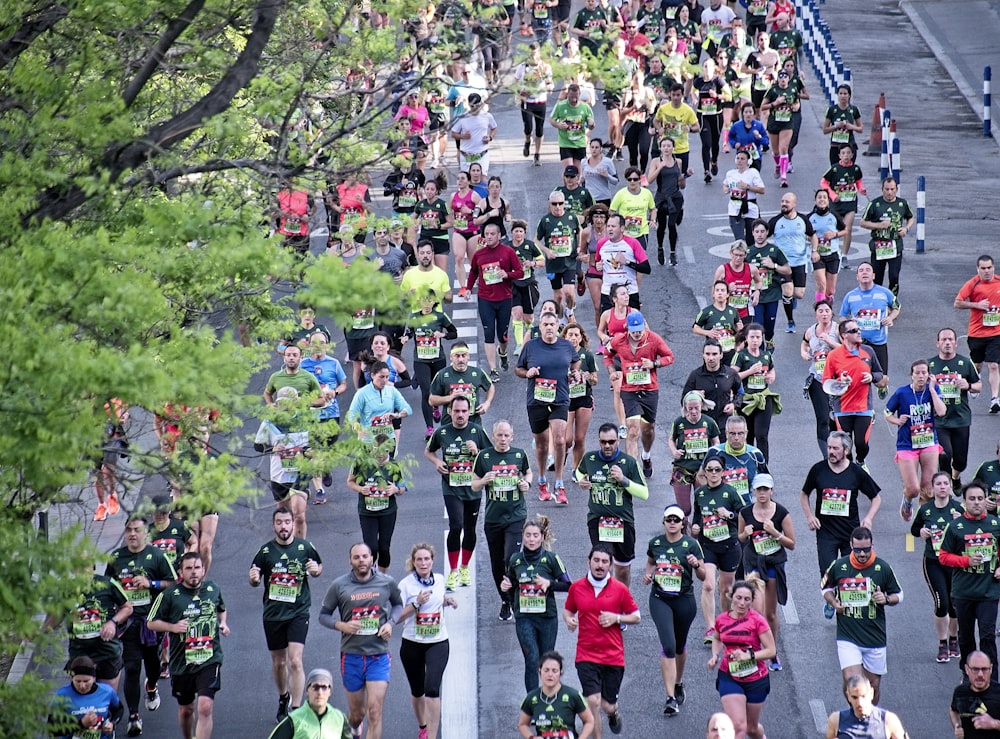The Enduring Legacy and Global Appeal of the Marathon

In the realm of endurance sports, few events hold the same reverence and global appeal as the marathon. From its ancient origins to its modern incarnation as a symbol of human perseverance and athleticism, the marathon has captured the imagination of millions worldwide. In this article, we delve into the rich history and cultural significance of the marathon, exploring why it continues to captivate athletes and spectators alike.
Origins of the Marathon:
The marathon's origins can be traced back to ancient Greece, where it emerged as a testament to the human spirit and the enduring legacy of one remarkable individual – Pheidippides. According to legend, Pheidippides was a Greek soldier who, in 490 BCE, ran from the battlefield of Marathon to Athens to deliver news of the Greek victory over the Persians. The distance covered – approximately 26.2 miles or 42.195 kilometers – would later become the standard length of the modern marathon.
Cultural Significance:
The marathon's association with the ancient Olympic Games further solidified its cultural significance. Introduced in 1896 as part of the inaugural modern Olympics in Athens, the marathon quickly became one of the Games' most prestigious events. The sight of athletes pushing themselves to the brink of exhaustion, fueled by sheer determination and the roar of the crowd, captured the imagination of spectators worldwide.
The Rise of Competitive Marathons:
In the years following its reintroduction to the Olympic Games, the marathon experienced a surge in popularity, both as a competitive sport and a recreational pursuit. Major marathons, such as the Boston Marathon and the New York City Marathon, began to attract elite athletes from around the globe, while local races sprung up in cities and towns worldwide. The allure of testing one's limits over the grueling 26.2-mile distance drew runners of all abilities, contributing to the marathon's status as a mass-participation event.
The Human Element:
At its core, the marathon is a testament to the indomitable human spirit. Whether it's the elite athlete chasing glory on the world stage or the amateur runner striving to conquer personal goals, the marathon embodies the universal desire to push beyond perceived limits and achieve greatness. The sight of runners crossing the finish line, exhausted but exhilarated, serves as a powerful reminder of the resilience of the human body and mind.
Health and Wellness:
In addition to its competitive appeal, the marathon has also emerged as a symbol of health and wellness. For many participants, training for and completing a marathon represents a transformative journey towards improved fitness and well-being. The discipline, dedication, and perseverance required to tackle the marathon distance translate into valuable life lessons that extend beyond the realm of sport.
Community and Camaraderie:
One of the most enduring aspects of the marathon is its ability to foster a sense of community and camaraderie among participants. Whether it's the shared experience of training together, the encouragement of fellow runners along the course, or the camaraderie forged in the aftermath of completing a marathon, the event brings people together in a celebration of human achievement.
Charity and Fundraising:
Another key aspect of the marathon's appeal is its capacity for charitable fundraising. Many marathons around the world serve as platforms for raising awareness and funds for a wide range of causes, from medical research to humanitarian aid. The opportunity to make a positive impact on society through participation in a sporting event adds an extra layer of meaning to the marathon experience.
Conclusion:
In conclusion, the marathon's enduring legacy and global appeal can be attributed to its rich history, cultural significance, and universal themes of human achievement and resilience. From its humble origins in ancient Greece to its modern incarnation as a mass-participation event, the marathon continues to inspire and captivate people of all ages and backgrounds. Whether it's the thrill of competition, the pursuit of personal goals, or the desire to make a positive difference in the world, the marathon remains a symbol of the limitless potential of the human spirit.




































